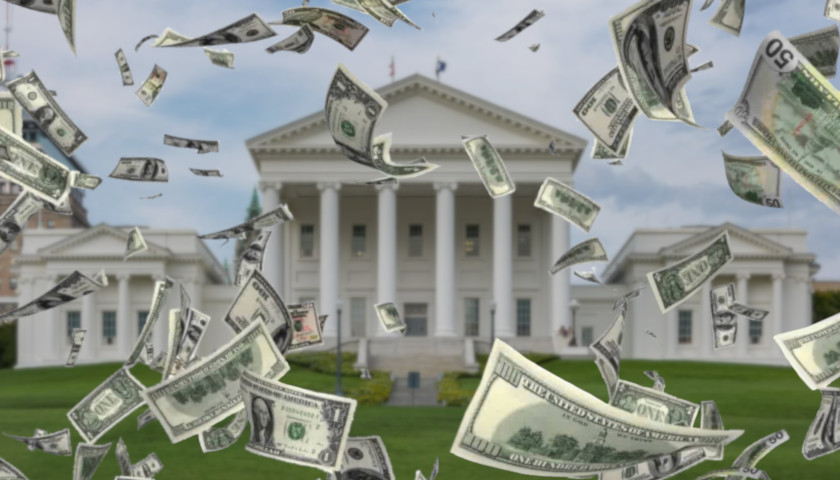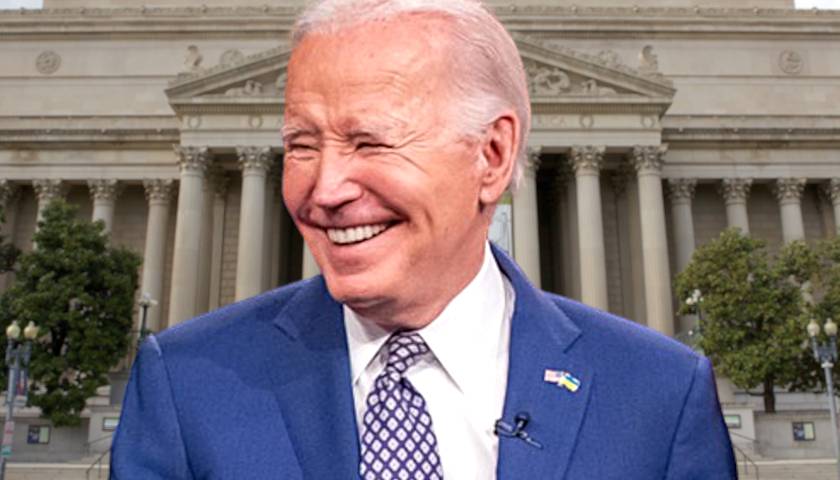Virginia ended Fiscal Year 2021 with a $2.6 billion surplus, the largest in Virginia’s history, with a 14.5 percent revenue growth over FY 2020.
“We have effectively managed Virginia’s finances through the pandemic, and now we are seeing the results—record-breaking revenue gains, a recovery that has outpaced the nation, and recognition as the best place to do business,” Governor Ralph Northam said in a press release. “Fueled by a surging economy, federal American Rescue Plan funds, and the largest surplus in Virginia history, we have significant resources available to make transformational investments in this Commonwealth. I look forward to working with the General Assembly in the fall to seize this opportunity so we can build a brighter future for all Virginians.”
The surplus was fueled by general fund revenue sources that exceeded their forecasts. According to Northam’s announcement, individual non-withholding taxes made up about half of the surplus, alongside payroll withholding, sales, and corporate income taxes.
The $2.6 billion surplus is much more than the $500 million predicted in May by then-Secretary of Finance Aubrey Layne. At the time, Layne said that COVID-19 spending under the Trump and Biden administrations had helped stimulate the economy. He also warned that inflation was the new economic risk.
“I believe we are now switching from the effects of the pandemic as we come out of this to what impacts, if any, inflation may have on us and what that may mean to policy,” Layne told legislators.
Layne has since left the administration to work for Sentara. In Northam’s Wednesday announcement, Secretary of Finance Joe Flores said, “We expected a strong revenue performance and this surplus is even larger than initially anticipated.”
In May, Delegate Joe McNamara (R-Roanoke) questioned the “sound fiscal management” explanation for the surplus in a Roanoke Times op-ed. McNamara argued that Virginia’s General Fund revenue is systematically under-forecasted across administrations.
“It is desirable for administrations to under forecast revenues, as it allows them to issue the press release: ‘Virginia ends year with $[fill in the blank] billion surpluses’—the implication is usually that the surplus was generated by ‘strong fiscal management.’ However, nothing could be further from the truth,” he wrote.
On Thursday, McNamara told The Virginia Star that although Virginia’s economy is good, the surplus reveals that FY 2021 revenue was under-forecasted. He said that led to higher-than necessary taxes in a year where Virginia businesses struggled. One example is that despite McNamara’s urging, Virginian legislators decided not to exempt forgiven Paycheck Protection Program loans from state taxes, even though they were exempt at the federal level.
McNamara said Virginia needed to update its tax brackets, last updated in 1971. He pointed out that the top tax bracket of people earning $17,000 or more pays a 5.75 percent tax rate — but with inflation, $17,000 is $114,045.23 in 2021 dollars, according to US Inflation Calculator. McNamara isn’t calling for a drastic adjustment to the bracket, but he thinks the bracket should be linked to inflation moving forward. He also said the standard deduction should be increased, although it has been updated more recently.
“It’s time for the Commonwealth to stop under-forecasting revenues and instead allow for tax reductions,” McNamara said. “It’s time for Virginia to seriously look at broad-scale tax reductions.”
McNamara said, “The issue is by under-forecasting we did not have a full revenue picture to evaluate our spending decisions last year and/or and or any kind of tax-reduction decisions that we could have entertained.”
– – –
Eric Burk is a reporter at The Virginia Star and the Star News Network. Email tips to [email protected].
Background Photo “Virginia Capitol” by Martin Kraft. CC BY-SA 3.0.




